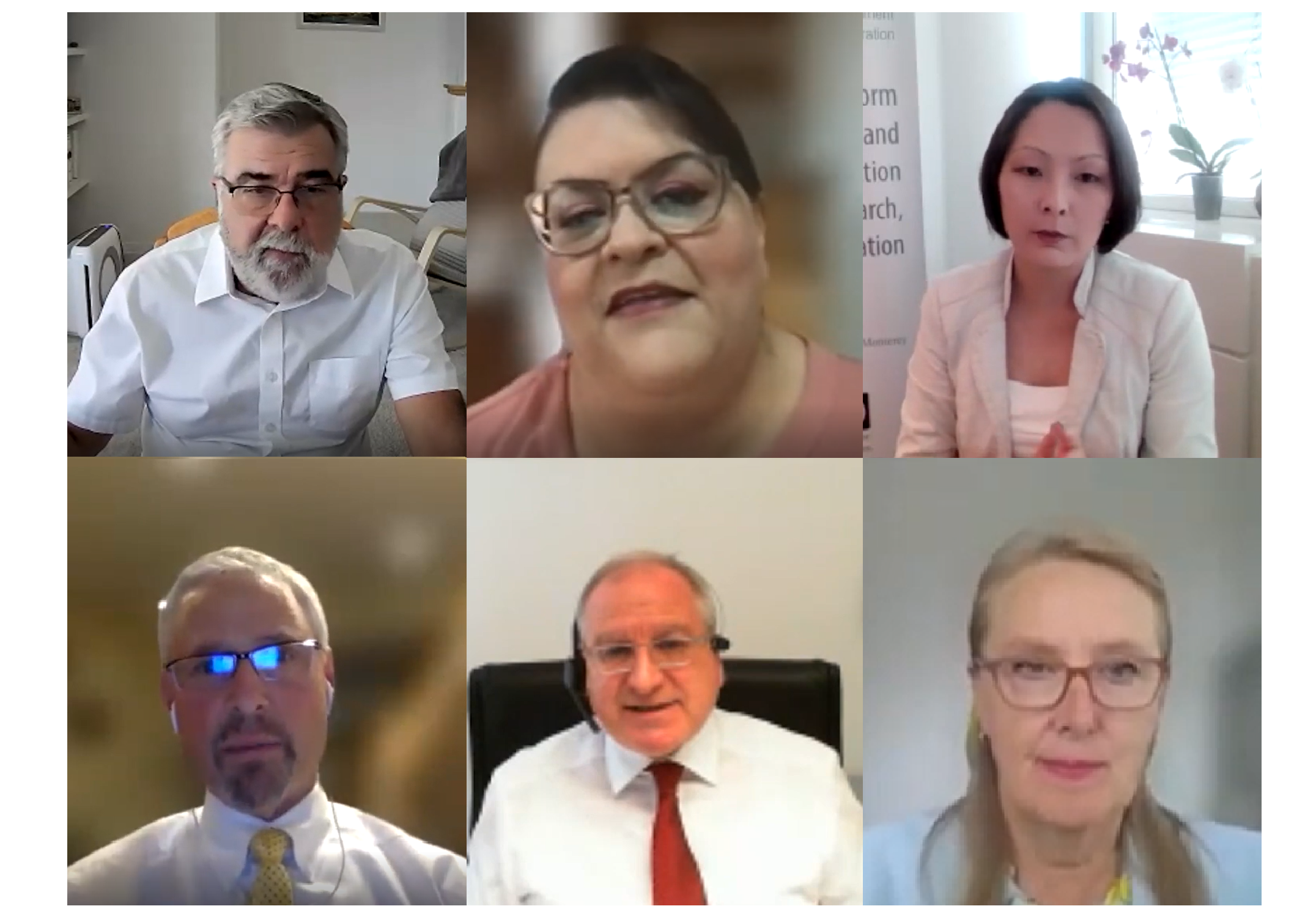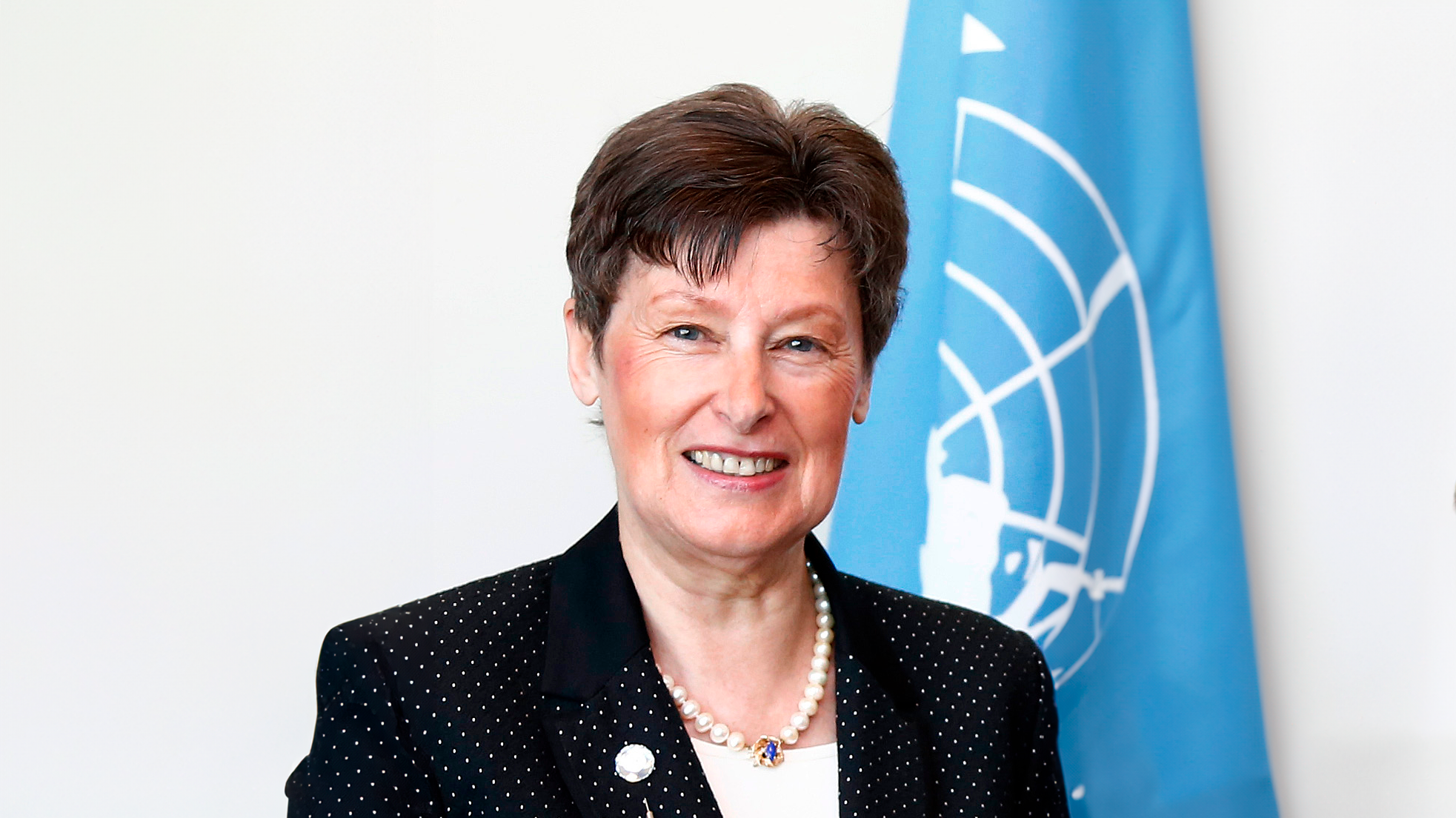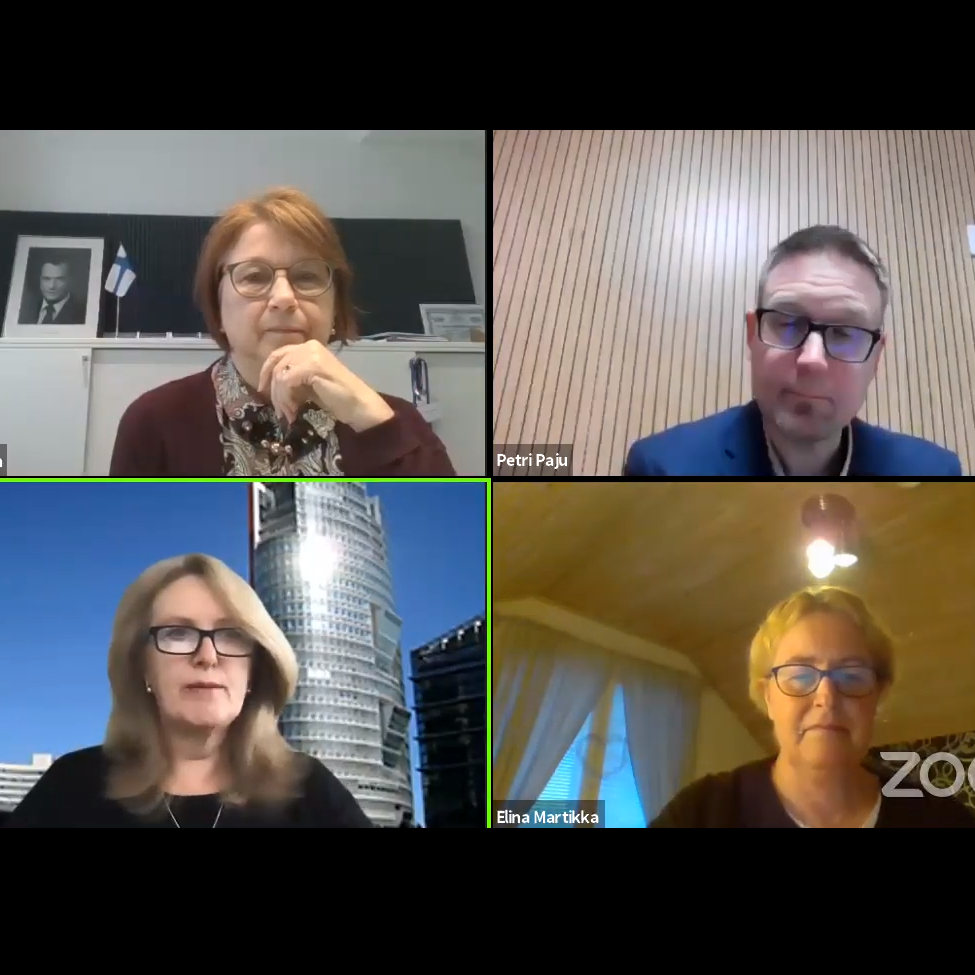
The first Preparatory Committee (PrepCom) meeting for the 11th Review Conference of the Treaty on the Non-Proliferation of Nuclear Weapons (NPT) will take place from 31 July to 11 August 2023 in Vienna. Amidst challenging circumstances, such as the war in Ukraine, heightened nuclear risk, escalatory rhetoric, and renewed debates about the value of nuclear weapons, the meeting will be important for setting the agenda and tone of the 11th review cycle.
From 24 to 28 July 2023, States Parties will also gather in the Working Group on Further Strengthening the Review Process for the first time. Established by the only decision reached at the 2022 NPT Review Conference, expectations for the Working Group to address long-standing questions around the effectiveness, efficiency, and openness of the review process are high.
On 28 June 2023, the VCDNP organised a webinar, bringing together key officials and experts involved in the review process for a constructive discussion that explored States Parties’ positions and the prospects for both meetings.
The webinar was opened by Executive Director Elena Sokova and moderated by Gaukhar Mukhatzhanova, Director of the International Organizations and Nonproliferation Program.
Ambassador Scheinman highlighted the many challenges facing the NPT - chief among them Russia's aggression against Ukraine. Therefore, it was all the more important that States Parties establish a constructive agenda for the 2026 Review Conference during the first PrepCom meeting. To pave the way for nuclear disarmament, he stressed the importance of entering into arms control discussions with Russia and China, implementing risk reduction measures through the P5 Process, and promoting the start of negotiations towards a Fissile Material Cut-off Treaty (FMCT).
Ambassador Scheinman highlighted key steps towards expanding the peaceful use of nuclear technologies, such as strengthening their alignment with the UN Sustainable Development Goals and leveraging the IAEA Technical Cooperation Programme and Peaceful Uses Initiative. Regarding the Working Group on Further Strengthening the Review Process, he noted the recommendations made by the United States in its working paper, such as allocating time for interactive discussions on national reports, avoiding the duplication of efforts between committees, and ensuring the timely appointment of committee chairs.
Ambassador Laggner stressed a need to reaffirm the validity of past commitments made by States Parties as an overarching priority for the 11th review cycle. He noted nuclear risk reduction, negative security assurances, and the protection of nuclear facilities as further priority issues.
To improve the review process, Ambassador Laggner suggested, among other points, formalising the ’bureau concept.’ This would mean regular consultations between former, current, and incoming presidents and chairs, in order to facilitate coordination and ensure continuity across review cycles. Implementing this concept would require the early nomination of presidents and chairs.
Increasing States Parties’ accountability in fulfilling their Treaty obligations and honouring past commitments required a dedicated session for transparent reporting by nuclear-weapon States as well as constructive discussions on the indicators that should be used to measure States Parties’ implementation of the Treaty, he explained. The meaningful inclusion of civil society was vital for the success of this process, Ambassador Laggner concluded.
Tonie Jáquez outlined the perspectives of non-nuclear-weapon States, stressing the importance of revitalised discussions in the P5 Process and between possessor and non-possessor states. Ms Jáquez underlined that nuclear-weapon States had committed to an “unequivocal undertaking” to eliminate nuclear weapons, and that monitoring progress towards this goal required clear benchmarks and timelines.
She emphasised the importance of States Parties giving greater priority to issues concerning the humanitarian consequences of nuclear weapons as well as measures to increase transparency and accountability within the review process. Despite extensive discussions on these topics during side events, their influence on the outcomes of NPT meetings was minimal, she said.
Thomas Markram suggested that the Working Group could propose draft decisions for adoption by the PrepCom. These decisions should focus on formalising the appointment of chairs and enhancing their coordination, on using a monitoring and assessment report produced by a third party, and on requiring nuclear-weapon States to provide information on the fulfilment of their Article VI obligation. To ensure that PrepCom meetings fulfil their preparatory function and to prevent States Parties from starting negotiations from scratch at the Review Conference, Markram recommended that PrepCom meeting chairs provide factual summaries to the Review Conference president.
Thomas Markram and Gaukhar Mukhatzhanova make additional suggestions in their recent paper Further Strengthening the NPT Review Process: Reflections and Recommendations.
During the Q&A session, the speakers responded to audience questions on the future of the US-Russian arms control framework after the expiration of New START in 2026, the dynamics within the P5 Process and their potential for collective leadership in the 11th NPT review cycle, the implications of Russia's deployment of nuclear weapons in Belarus for the debate around nuclear sharing, and the issue of inclusivity and access to NPT meetings for civil society.
The VCDNP is grateful to the Austrian Foreign Ministry for its generous support of this webinar series.



